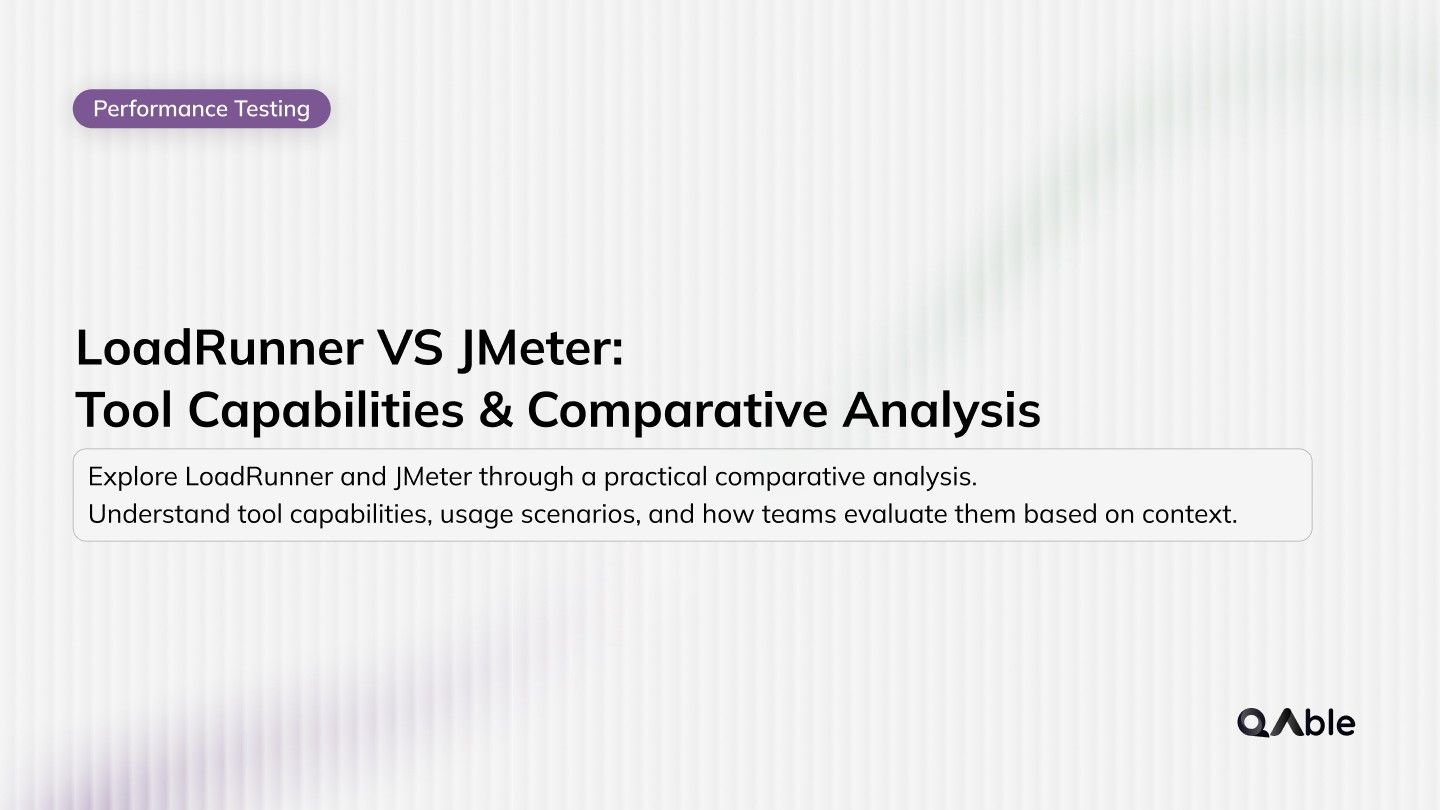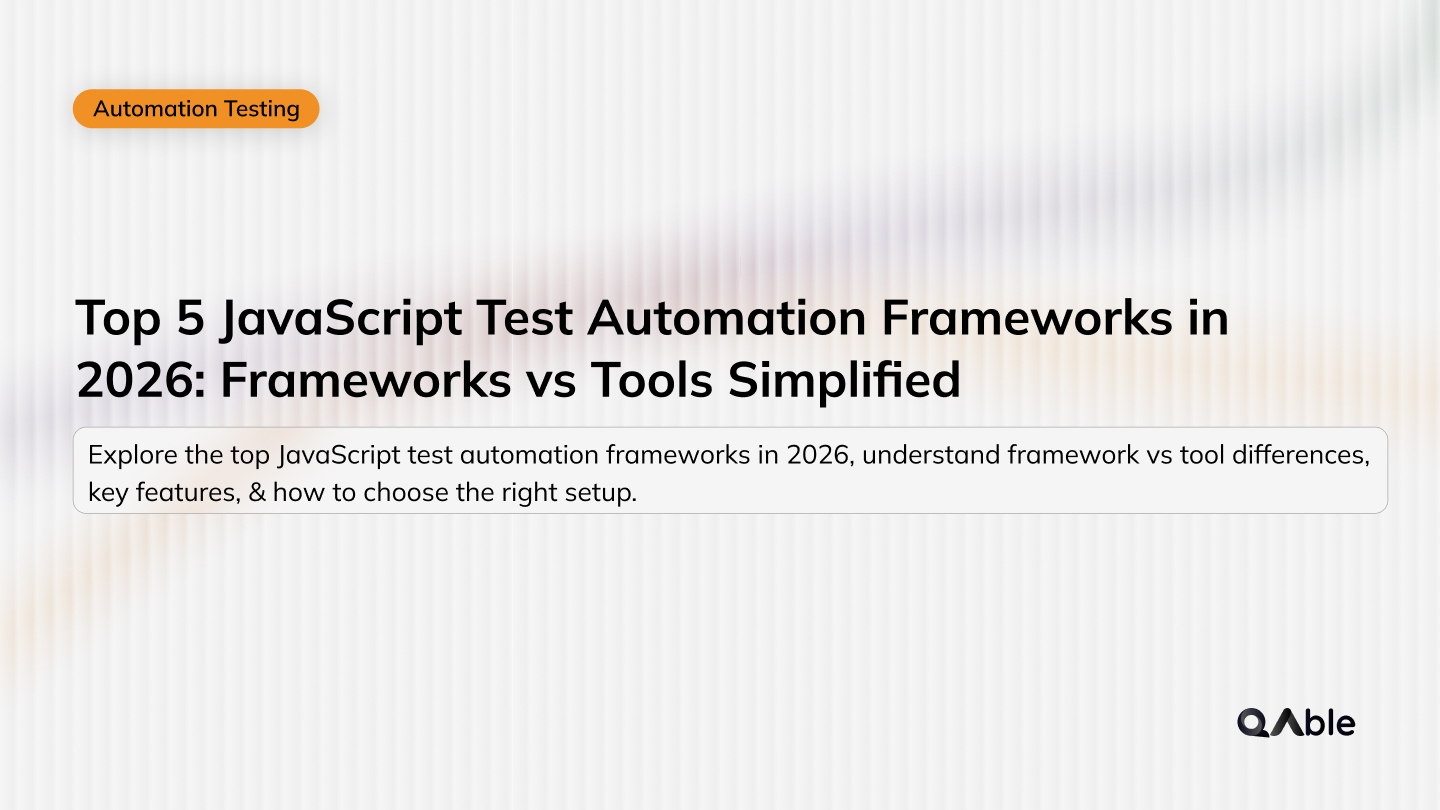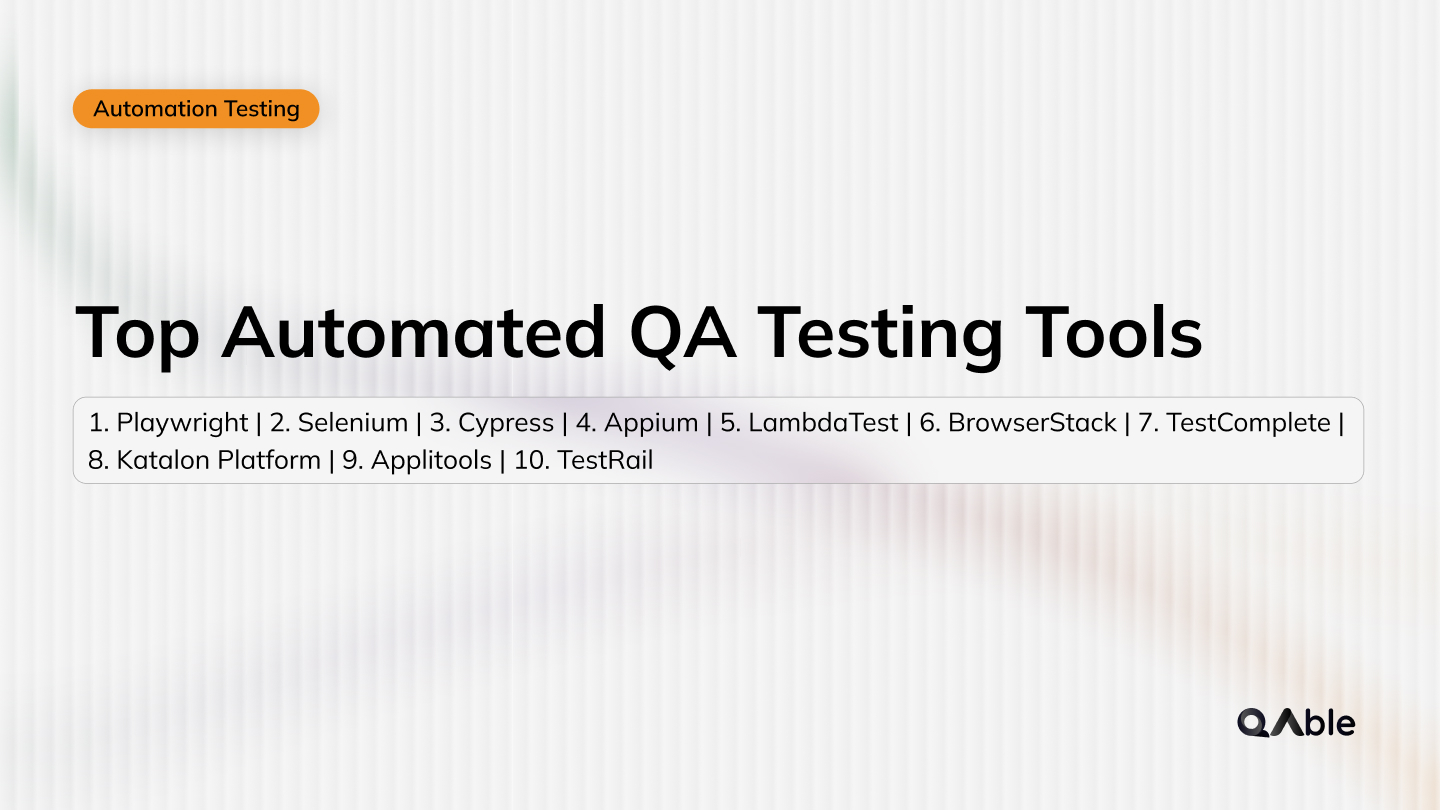Table of content
SHARE THIS ARTICLE
Is this blog hitting the mark?
Contact Us
Table of Content
- Benefits of Software Testing in Logistics and Transportation
- Examples of Software Testing in Logistics and Transportation
- Best Practices and Tips for Software Testing in Logistics and Transportation
- Summing up
- FAQs
Logistics and transportation are crucial for the global economy, but they face many challenges. Software can help them manage, track, plan, and analyze their business, but it can also cause problems, such as bugs, errors, failures, vulnerabilities, and inefficiencies. These can harm the business and the customers.
That’s why software testing is important for logistics and transportation. Software testing checks and improves the quality, functionality, performance, security, and usability of software applications. Software testing finds and fixes defects in software processes, before they cause any damage. Software testing also makes sure that software meets the needs and expectations of the stakeholders, such as the business owners, the end-users, the regulators, and the partners.
In this blog post, we will show you the benefits and examples of software testing in logistics and transportation. We will show you how software testing can help you improve your business results, satisfy your customers, and beat your competitors. We will also give you some tips and best practices on how to do software testing well and fast in your organization.
Benefits of Software Testing in Logistics and Transportation
Improving efficiency and productivity
Software testing can help you optimize your processes, reduce your costs, increase your speed, and improve your accuracy. It can prevent and fix software problems that can harm your operations. It can also improve your performance, resource utilization, and workflow.
Enhancing satisfaction and loyalty
Software testing can help you deliver high-quality products and services to your customers, meeting their needs and expectations. It can prevent customer issues and dissatisfaction. It can also provide valuable and innovative features and solutions that increase customer engagement and loyalty.
Complying with standards and best practices
Software testing can help you follow the rules and regulations of your industry, such as safety, security, quality, and environmental standards. It can avoid legal and financial risks for your business. It can also follow the best practices and guidelines of the industry experts and associations, such as ISO, ISTQB, IEEE, and more. It can demonstrate your professionalism, credibility, and trustworthiness.
Also read: Software Product Testing Strategy and Best Practices
Examples of Software Testing in Logistics and Transportation
Enterprise resource planning (ERP)
ERP is a software system that combines and automates numerous business processes. ERP helps to streamline and simplify the business operations and resources. Software testing for ERP ensures that the system is accurate, consistent, secure, and supports the business goals.
Supply chain management (SCM)
SCM is a software system that manages and optimizes the flow of goods and services from the suppliers to the customers. SCM helps to improve the visibility, efficiency, and effectiveness of the supply chain processes and activities. Software testing for SCM ensures that the system is reliable, scalable, flexible, and meets the customer needs.
Warehouse management system (WMS)
WMS is a software system that controls and monitors the movement and storage of goods and materials within a warehouse or a distribution center. WMS helps to improve the productivity, quality, and safety of the warehouse operations and workers. Software testing for WMS ensures that the system is functional, user-friendly, secure, and supports the warehouse goals.
Transport management system (TMS)
TMS is a software system that manages and optimizes the transportation of goods and people by various modes. TMS helps to reduce the transportation costs, time, and risks, and to improve the customer service and satisfaction. Software testing for TMS ensures that the system is performant, robust, compliant, and supports the transportation policies.
Also read: Guide on Enterprise Application Testing
Best Practices and Tips for Software Testing in Logistics and Transportation
To implement software testing effectively and efficiently in logistics and transportation, here are some best practices and tips that you can follow:
Define your testing objectives and scope
Clarify your testing goals and boundaries, and identify the software requirements, specifications, criteria, metrics, methods, tools, deliverables, and outcomes. Prioritize and plan your testing based on the software risk, complexity, and importance.
Choose the right testing methodologies and techniques
Select the best testing methodologies and techniques for your software, considering the pros and cons of different testing approaches and types, such as manual, automated, agile, devops, functional, performance, security, usability, and more.
Leverage the power of test automation
Test automation is using software and scripts to run and check tests without human input. It can save resources, enhance testing quality and efficiency, and give you quick and precise feedback and outcomes. But test automation also needs proper planning, design, execution, and upkeep, and it cannot do everything that humans can. So you should use test automation smartly and sparingly, and combine it with manual testing when needed.
Test situations and data should be realistic and relevant.
Test data and scenarios are what you use to test and measure the software under different conditions and situations. They should be realistic and relevant, matching the real and expected software usage. They should also be diverse and comprehensive, covering all the possible software cases. They should also be well-managed and maintained, ensuring their quality, validity, and security.
Work together and share information with your clients and colleagues
Test software with your stakeholders and team members, not alone. Include them in the testing process, from start to finish. Share your testing details, results, and feedback with them, and ask for theirs. Match your testing with their needs and wants, and fix any problems that come up.
Also read: Practical Guide to Enterprise Test Management Strategy
Summing up
However, software testing is not an easy or simple task, as it involves many challenges and complexities, such as poor test infrastructure, inadequate test coverage, incompetent automation frameworks, changing requirements, and more. That’s why you need a reliable and experienced partner who can help you with your software testing needs.
That’s where we come in. We are software testing company, with over 10 years of experience and expertise in the logistics and transportation industry. We offer a wide range of software testing services and solutions, such as:
- Test consulting and strategy: We help you plan and design your testing based on your business needs.
- Test automation and devops: We help you automate and streamline your testing using the best tools and frameworks.
- Functional and non-functional testing: We help you check and improve the quality, functionality, performance, security, and usability of your software using various testing methods.
- Specialized testing: We help you test your software for specific and complex situations, such as cloud, mobile, web, API, IoT, blockchain, AI, and more.
- Test management and reporting: We help you manage and monitor your testing using the best practices and tools, and provide you with insights and recommendations.
We have a team of highly skilled and certified software testers, who have extensive knowledge and experience in the logistics and transportation industry.
We are confident that we can help you with your software testing needs, and provide you with the best quality, value, and results. We are committed to your success, and we are ready to partner with you for your software testing journey.
If you are interested in our software testing services and solutions, please contact us. We would love to hear from you and discuss how we can help you achieve your software testing goals.
Thank you for reading this blog post.
Discover More About QA Services
sales@qable.ioDelve deeper into the world of quality assurance (QA) services tailored to your industry needs. Have questions? We're here to listen and provide expert insights


Nishil Patel is the Co-founder of QAble, delivering advanced test automation solutions with a focus on quality and speed. He specializes in modern frameworks like Playwright, Selenium, and Appium, helping teams accelerate testing and ensure flawless application performance.
.svg)














.webp)
.webp)
.png)
.png)











.png)



.png)

.png)

.png)





.jpg)







.jpg)

.png)




.webp)

